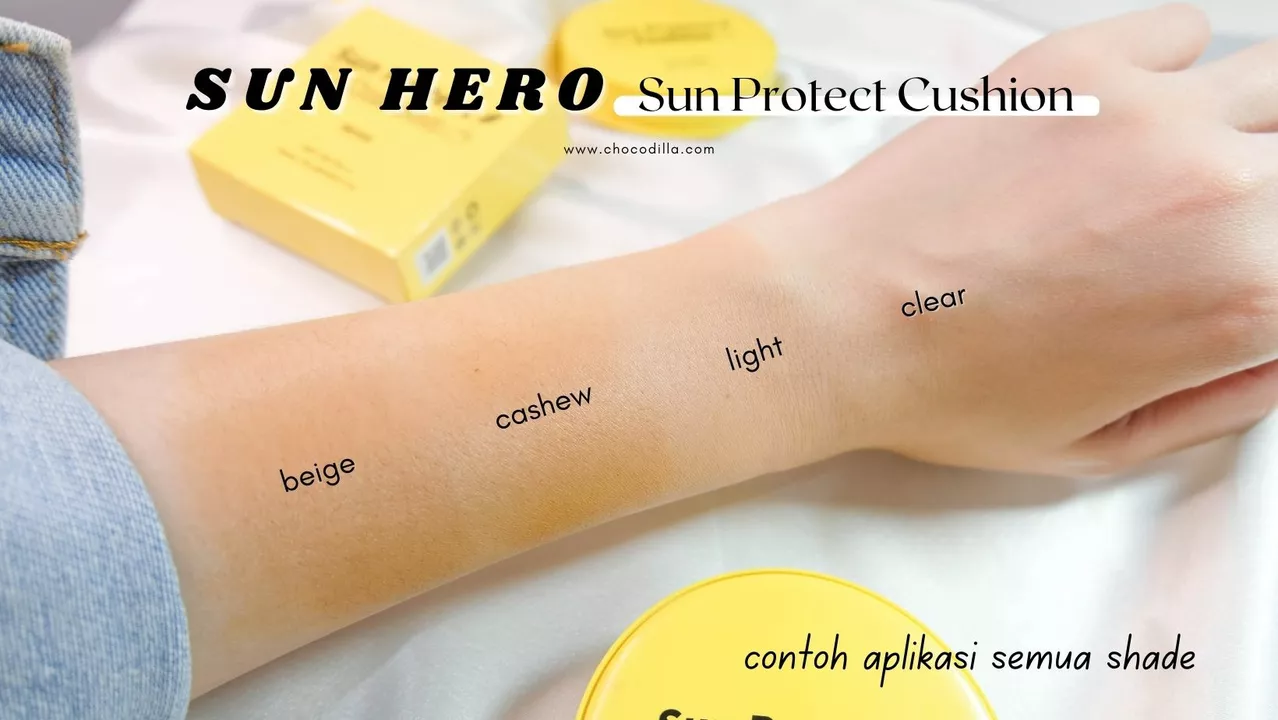Sun protection: smart, simple steps to avoid sun damage
You don’t need to be a skincare expert to protect yourself from the sun. A few easy habits cut your risk of painful burns, early skin aging, and skin cancer. This page gives clear, useful steps you can use every day — sunscreen tips, clothing choices, timing, and small tricks that work in real life.
Sunscreen basics that actually matter
Pick a broad-spectrum sunscreen (it blocks UVA and UVB). Use at least SPF 30 for daily use; SPF 50 makes sense if you burn easily or plan to be outdoors long. Apply a full shot-glass worth (about 1 ounce) to cover exposed skin on an adult. Don’t forget ears, the back of your neck, tops of feet, and your scalp if hair is thin. Lip balm with SPF is easy to skip but helps a lot.
Reapply every two hours, or right after swimming or heavy sweating — even if the label says water-resistant. Those labels mean some protection stays after water exposure, not forever. If you use spray sunscreen, spray liberally and rub it in to avoid missed spots. Store sunscreen out of direct heat; extreme heat can break down active ingredients.
Daily habits and clothing that boost protection
Time matters. UV rays are strongest between 10 a.m. and 4 p.m. If you can shift outdoor chores to earlier or later, do it. Seek shade during peak hours — tree cover or an umbrella works well and cuts exposure instantly.
Wear protective clothing when you can: long sleeves, wide-brim hats, and sunglasses that block UVA/UVB. Look for clothes labeled UPF 30 or higher when you know you’ll be in intense sun, like at the beach. Lightweight, tightly woven fabrics can block a lot of rays while staying comfortable in heat.
Kids and fair-skinned people need extra care. For babies under 6 months, use shade and clothing rather than sunscreen on large areas; talk to your pediatrician for specifics. For people on photosensitizing medications (some antibiotics, acne drugs, and plant-based supplements), check with a prescriber — these drugs can make sunburns worse.
Remember reflective surfaces — water, sand, and snow bounce sunlight and raise your exposure. Even on cloudy days, UV can still damage skin, so keep basic protection in place year-round.
Start small: pick one habit today. Carry a travel-size sunscreen, add a hat to your bag, or swap a T-shirt for a UPF option. Those tiny changes add up fast and keep your skin healthier for years.

